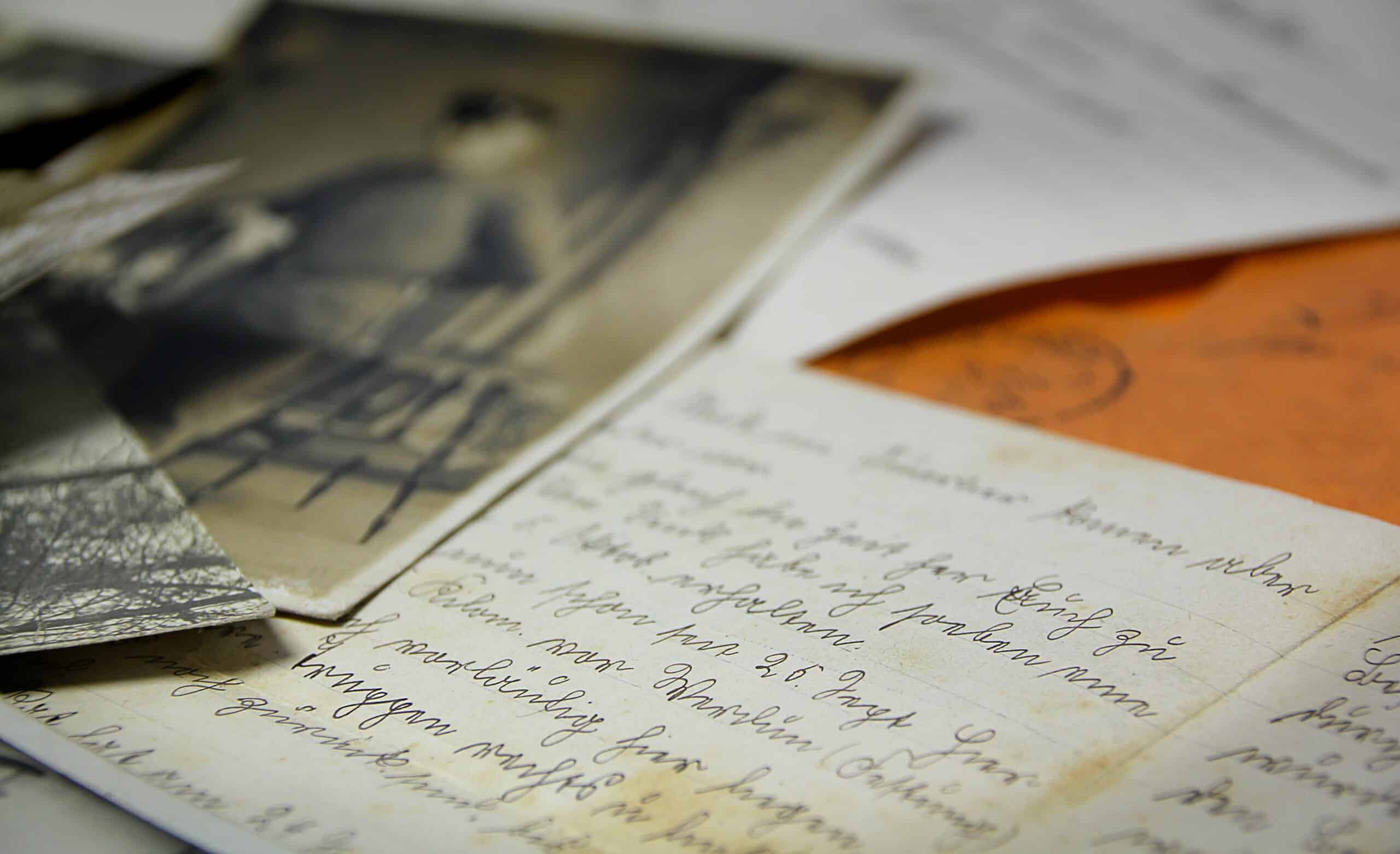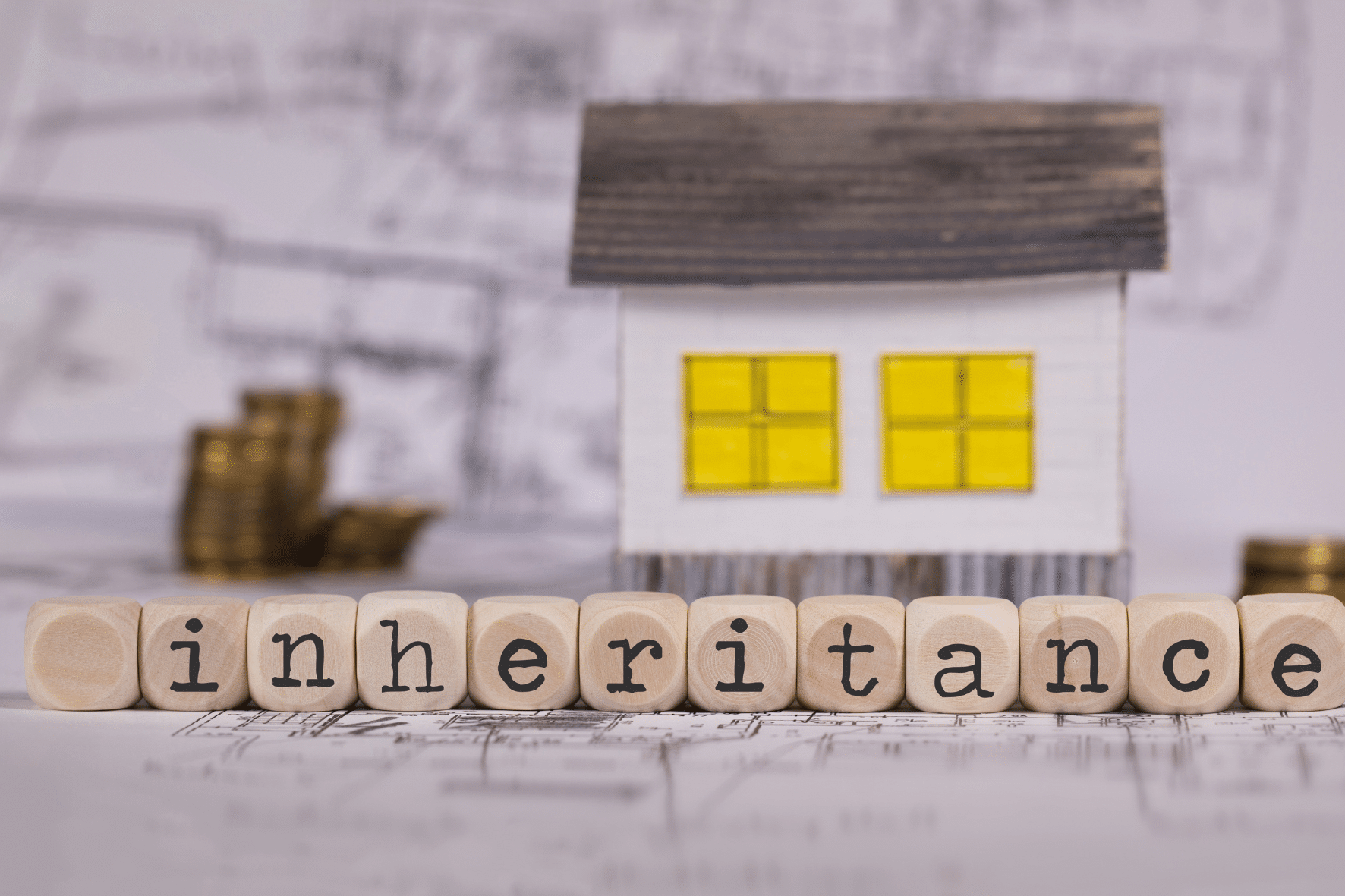Can I Sell My House to My Son for £1 in the UK?
There is a lot of confusion about whether or not you can sell your house to a family member for less than the market value. This is especially relevant in the current economic climate when many people are looking to save on inheritance tax. The good news is that there are (completely legal) ways to do this, but it can be complicated. In this blog post, we will explore some of the options available to you and help you figure out the best way to proceed.

Can I sell my house to my child for £1?
Yes, legally you are able to sell a property for any price. There are other costs involved that should be considered e.g. legal fees, tax, and any outstanding house repayments.
We’ve covered a lot more of the ins and outs as well as costs below for a more in-depth read.
Why would you need to sell a property for £1?
If you were just to give property away it’s considered a ‘gift’ which has a different legal ramification. Selling the property for a lower price e.g £1 means a price is paid, this can be known as a consideration. You’ll still need a solicitor to ensure all the correct paperwork is filled out. By selling a property at a much lower value there will be less inheritance to pay, there are some exceptions which we will cover later.
Why You May Want to Sell Your House to a Child for £1?
Generally, if you want the best for your kids, the family will want to pass on property and wealth to their kids. With house prices skyrocketing young people are finding it harder and harder to get onto the property ladder with a deposit being unobtainable. It can be nice to pass assets on whilst alive so you can see the enjoyment.
We often see parents passing on properties that need refurbishment or property from a portfolio, a bonus of selling directly you’ll avoid the costs of estate agents and auctioneers which also helps keep it fairly stress-free. There are some benefits to selling as a transaction that is legal and will ensure it doesn’t count as evasion or tax avoidance if done correctly.

But Wouldn’t It Be A Better idea to Help My Child with a Deposit?
This is very much dependent on the child’s situation e.g. if they have employment, how much they have saved for a deposit etc. it is also dependant on your own choice as some parents prefer to gift a whole property instead of money which can have a different responsibility. If you do want to gift a deposit you need to check in with a mortgage lender to see if they are allowed to receive a ‘gifted deposit’ which can another reason it’s easier to gift a whole property.

Can I carry on living in the property?
This can be complex, if you were to live in the property without paying rent this is considered a ‘gift with reservation of benefit’ meaning it invalidated the sale, you would need to pay market prices to rent as proof that the property is not a way to avoid tax. You’ll want to keep a record to show HMRC.
If you have not paid off the mortgage and your child already has a primary residence they will also need to get a buy-to-let mortgage which can add complications.
The ‘gift’ can be exempt after 7 years but you should strongly consider legal advice if you are considering this route.
There is even more info on the ins and outs here
Tax Tax Tax!

Inheritance tax
The magic number is 7, if you were to pass away 7 years or more after the property is transferred it will not be eligible, you will need to pay inheritance tax on it, before that time HMRC thinks you’re trying to enable tax evasion so timing is key for selling the house to your child for £1.
See our section on living in the property if you wanted to sell but carry on living to ensure you do not get caught with a gift with reservation of benefit.
Paying stamp duty
Your children will need to pay stamp duty (also known as Stamp Duty Land Tax – SDLT) if they already own a property and will treat this as a second home (e.g. to make rental income from) which
The current (SDLT) stamp duty thresholds are:
- £250,000 or less for residential properties
- £425,000 or less for first-time buyers buying a residential property worth £625,000 or less
- £150,000 or less for non-residential land and properties
You can read a bit more about SDLT on the government’s website
If you’ve paid off your mortgage ad the property transaction is a ‘gift’ there shouldn’t be any stamp duty and tax, if you’re taking over a mortgage you only need to pay SDLT over the threshold. If your children plan to rent out the property or use it as a second home you will need to pay stamp duty.
Mortgage Redemption
In SDLT we mentioned if you have paid off your mortgage and are gifting you don’t need to pay, this is the base with any redemption costs as you won’t have a mortgage (you own the property outright) you lucky people! You’ll be considered unencumbered.
If you have a mortgage it will need to be paid back in full before you can transfer the property for £1, this can be from refinancing or selling another property or savings. Not everyone will have these options so you might only have a small mortgage amount left. It is possible for your child to get a mortgage for a smaller amount but you’ll need to talk to banks for specifics as rates will be a variable.
If you exit your mortgage before the end of its (contract) term you will need to pay an ‘exit fee’ which can also be known as ‘an early redemption charge, this will be in the paperwork or you can ask for a redepmp[tion statement. You can also talk to a solicitor who will be able to help with arrangements but you should be prepared for the additional costs.
Capital gains tax
If you are planning on making the (gifted) property your main residence you do not need to pay capital gains tax. The rate depends on your tax bracket with higher earners needing to pay the higher tax bracket. Depending on your income tax status you’ll need to pay either 18% depending don’t the property and if you are a higher rate taxpayer 28% above the basic rate. You can read more about it on the government’s site.
You can offset/deduct capital gains tax (CGT) with any improvements to the property you’ve made e.g. new kitchen as well as legal fees and estate agents fees and any stamp duty you paid when it was initially bought, you will also get more allowance if you’ve owned the property with a spouse. There is a catch here though if you sold another property to e.g. pay off the mortgage before transfer/gifting you would most likely need to pay CGT. CGT is based on the value of the property going up since purchase, this is offset if the property goes down or you made the value go up e.g. installing a new kitchen or bathroom. There are also variables on your tax bracket and it’s all based on the market value, not the £1 you might want to sell for.
Gifted deposits
Some will want to sell their property and use the money as a gifted deposit, this is more common than you may think as property prices have skyrocketed out pacing the average pay. It should be noted that some banks will not allow a gifted deposit or will require proof that at least 3/4 of the deposit is from a child’s own savings.
Limited companies and other methods
You can gift up to £3,000 a year as well as ‘small gifts’ of up to £250 whenever you like which will not be counted on inheritance or tax though we recommend talking over with a legal expert if you are planning on doing with along with any other plans.
Some savvy people with a portfolio of properties set up companies to help with how the inheritance tax allowances can be associated with the values, there is some good reading on the subject on Propertygeek.


Carehomes
Going into care can be a huge amount of money, some people want to self-fund their care by selling their property or equity in it. This can also be because care home fees will be due if you own £23,250 in assets or more. If you are trying to avoid care home fees this can be tricky unless you plan to do it well in advance when you may need care. It will be considered a deliberate deprivation of assets by the Local Authority that funds the care, this will all come under a Deeds of Variation along with your means-tested benefits. All in all, it means the sale is disregarded and you can still be liable for the costs in full, trying to avoid the fee might mean local authorities use a ‘deferred payment agreement’ to get the money back after your death.
Note that local authorities can also use “deferred payment agreements” to claim the care home fees back after you passed away and the house is sold.
Selling a property
Sometimes properties might’ve been modified with e.g. a wetroom and be harder to sell in time, we can help with a quick and easy purchase in a timescale that suits you. Talk to us today to find out how we might help. We are unable to help with any legal advice and recommend seeking qualified solicitors regarding inheritance.
Fast Online Quote
Once you’ve completed the online quote form, we’ll get in touch almost instantly.
Choose When To Move Out
We will buy your house for CASH and give you the choice when you want to exchange.
Cash For Your Home In 5-7 Working Days
You can opt to get the cash into your bank account as quickly as 5 working days.
Conclusion
When considering selling your house to a family member or child for a nominal sum of £1, it is important to consider the implications that this may have on taxes and other fees. It can be beneficial from an inheritance tax perspective but may not always help with care home costs as local authorities will still likely look into any deliberate deprivation of assets. If you are looking for alternative strategies such as setting up limited companies or using deeds of variation, we recommend researching further and consulting with legal experts before making any decisions. Ultimately, each situation is unique so make sure to do what works best for you in terms of both finances and emotions involved.



FAQ
Can I really sell my house to my son for £1 in the UK?
Yes, it is possible to sell your house to your son for £1 in the UK, but there are certain legal and financial considerations that you should be aware of before proceeding with the transaction.
What are the potential drawbacks of selling my house for £1?
Selling your house to your son for £1 can have financial implications, such as losing out on the true value of your property and affecting your eligibility for certain benefits. It can also strain family relationships if there are disagreements or issues with the transaction.
Are there any tax implications when transferring ownership of a property to a family member?
Yes, there may be tax implications when transferring ownership of a property to a family member, such as inheritance tax or capital gains tax. It is recommended to consult with a financial advisor to determine the tax implications of the transfer.
What are some alternatives to selling my house for £1?
If you’re looking to help your son get on the property ladder, there are other options such as gifting a deposit, co-signing a mortgage, or helping with mortgage payments. It’s important to consider all the options and consult with a financial advisor before making a decision.








